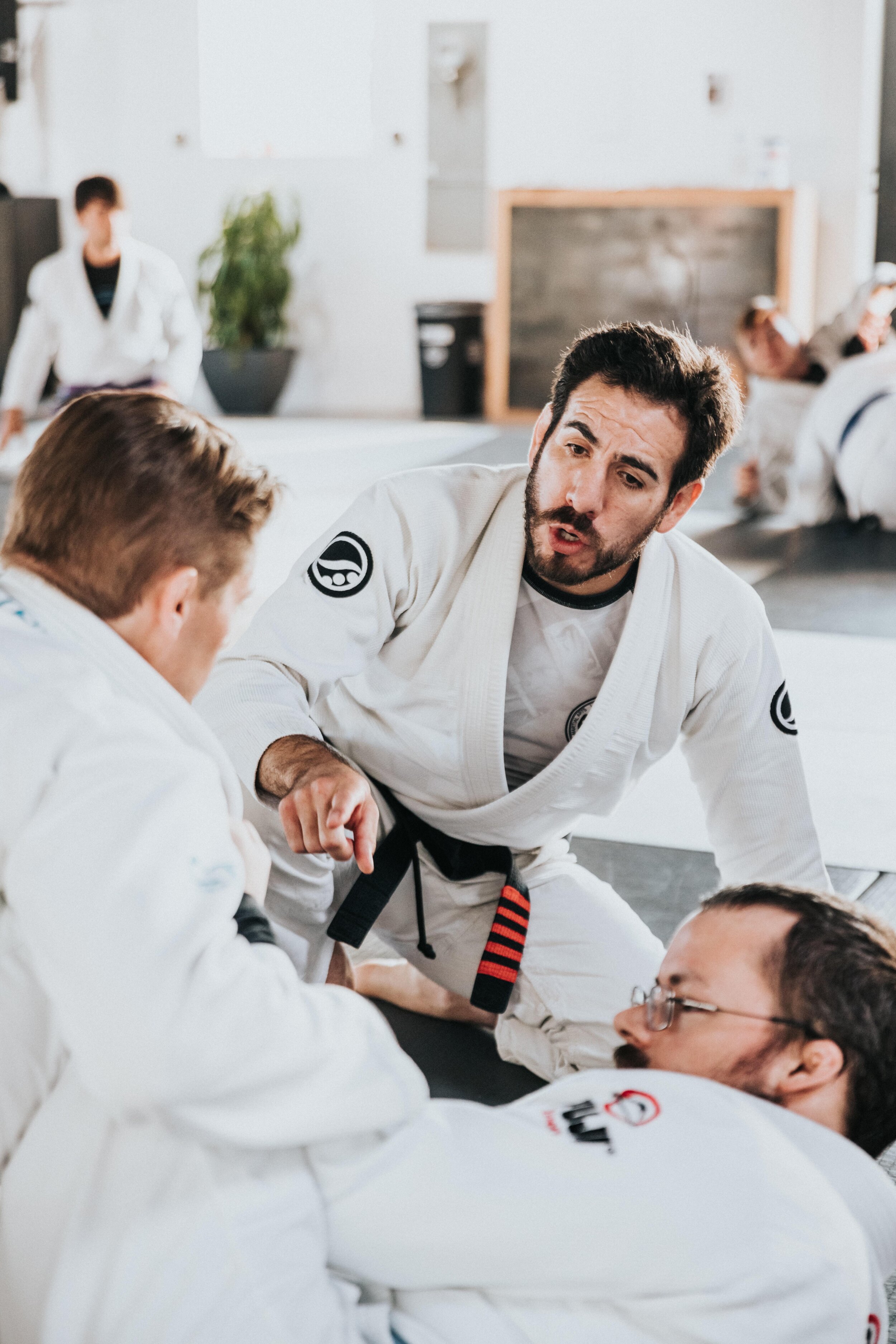Stay Humble: Learning Japanese with a Beginner’s Mind
Some of the recent events I’ve held got me thinking about how my Japanese language journey has progressed over the past twelve years and how it relates to my experience studying martial arts as a teenager.
As a college student studying abroad in Japan, I was, for the most part, fearless of mistakes. I had one of the most potent weapons available, a Beginners Mind, or shoshin (初心), which I use here in a secular sense. Free of any expectations or ego, everyone I spoke to about Japanese was an expert compared to me and an invaluable source of information. Ignorant thoughts like “I already know this” never entered my head, and every conversation was a valuable learning moment.
A Beginner's Mind also allows for risks; it enables us to see every chance to use the target skill as a learning experience. That's why I always say that the best and worst thing that ever happened to me in my Japanese language learning journey is passing JLPT N2. It opened up professional doors while also giving me a reputation to maintain.
Consequently, I lost my Beginner's Mind and actually grew fearful of speaking Japanese.
I'm reminded of my teen years when I was pretty obsessed with mixed martial arts classes. The late Paul Curtain, who founded the style I learned, saw himself in a similarly awkward position: He was training UFC fighters but had never competed in the ring. So, in his early 40s, he participated in his first match, putting his and his school's reputation on the line.
Now, I've never entered the ring, but both situations show how important it is to make ourselves vulnerable to build empathy. Founder Curtain gained empathy for his trainees because he now knew the anxiety, self-doubt, and physical experience of preparing for a competition. Likewise, as someone who has forced themselves to get on the stage and speak Japanese in public, knowing full well that I might mistake a word, I've built empathy for my clients who are striving to do the same in Japanese or English.
So, next time you find yourself thinking that you've put your reputation on the line, reframe the situation as a chance to learn and gain empathy. 99.9% of mistakes result in far lighter consequences than might exist in our heads, while the opportunity to grow and build mutual respect is limitless.
Likewise, when “lectured” about something you think you already know about, fight the urge to interrupt and instead listen with a Beginner’s Mind. You’d be surprised by the friends you make and the lessons you’ll learn.

